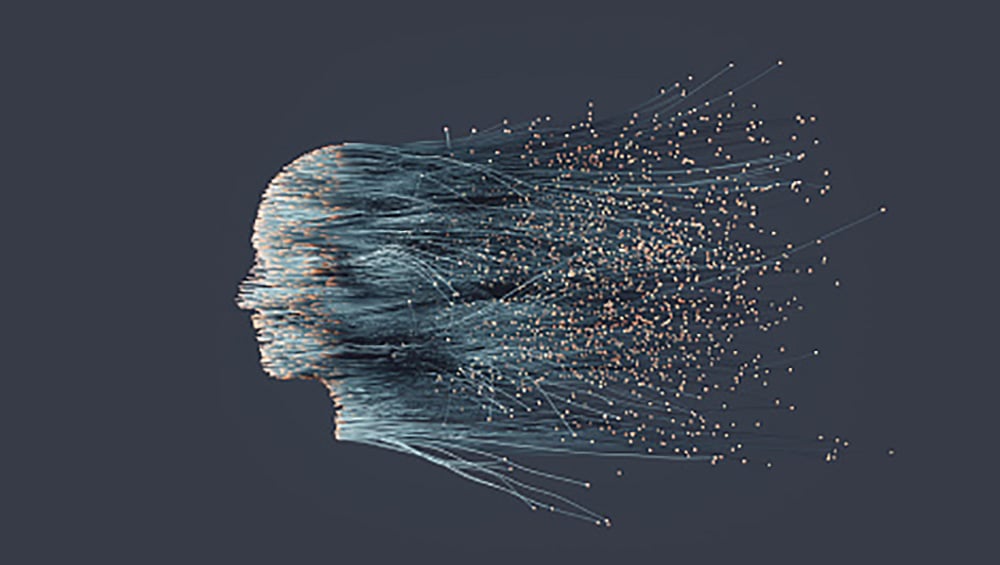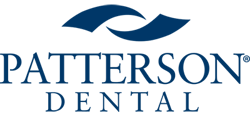
What is Science? The real question nowadays, if we dare, when the politicians or media and corporate types evangelize the answer, is: What is truth? Or if we double dare: What is false?
If that sounds too cynical or skeptical that is the beginning of science: to question everyone and everything. Including ourselves. Mark Twain astutely observed human nature: “It’s easier to fool people than to convince them that they have been fooled.” And smart as we may think we are, the Magician, The Amazing Randi, pointed out “the more scientifically trained a person’s mind, the more he or she is apt to be duped…”
Even more difficult the health care sciences cannot all be reduced to quantitative or mathematical formulas. Often the scientist/clinician has to be satisfied with useful but qualitative, practical concepts that will diligently require ongoing revision, study and improvement. There is also the requirement of translation, interpretation and communication to one’s peers, the public and government. GV Black, the father of modern dentistry, once said: “the professional person has no right to be other than a continuous student.” Along the way Carl Sagan’s “Baloney Detector” will cut through piles of scientific, commercial and cultural “Baloney”.
However, Galileo and others learned in the past the world was more complicated as powerful religious authority defined science and demanded compliance. Today the secular forces of government and powerful media or corporate giants often define the science and compliance that confronts individual conscience. No questions, doubt or skepticism allowed. Often the word “science” is used as a magical, religious or dogmatic term never to be questioned when science’s fundamental foundation traditionally is to question.
Richard Feynman pointed out science does not come with a set of instructions to do either good or bad. That requires a conscience. Linus Pauling recommended not to let authorities mislead you, always think for yourself, be skeptical, and “‘Do unto others twenty-five percent better than you expect them to do unto you.’… The twenty-five percent is for error.” Mary Shelley pointed out the horror of an individual scientific trance-like pursuit devoid of individual love or compassion.
It is possible for the individual health care professional or scientist to change course many times when in error. That’s science. Powerful groups rarely do. Over a century ago Reinhold Niebuhr pointed out that the unethical or brutish ethics of an individual pursuit can be exponentially magnified by powerful groups in a society. There are times when one may wonder whether humans are, or will be treated better, or at least as well, as lab animals. Our society till today however has succumbed to our better half when violation of individual human rights and dignity are pointed out. Today it is especially important to point out the wayward ways “science” can take when carried out by powerful forces without concern for the individual.
At best, we are looking at the entire world like the innocent kid in the movie “A Christmas Story”, as “A Crummy Commercial”. Add to that the incredible hindrance to scientific and social progress when the word “science” is used as a dogmatic demand for compliance by powerful groups. So, keep your baloney detectors and consciences operational 24/7.
_________
Dr. Andrew Tanchyk, practitioner, South Amboy, NJ
Image Credit: Boris SV/Moment/Getty Images


